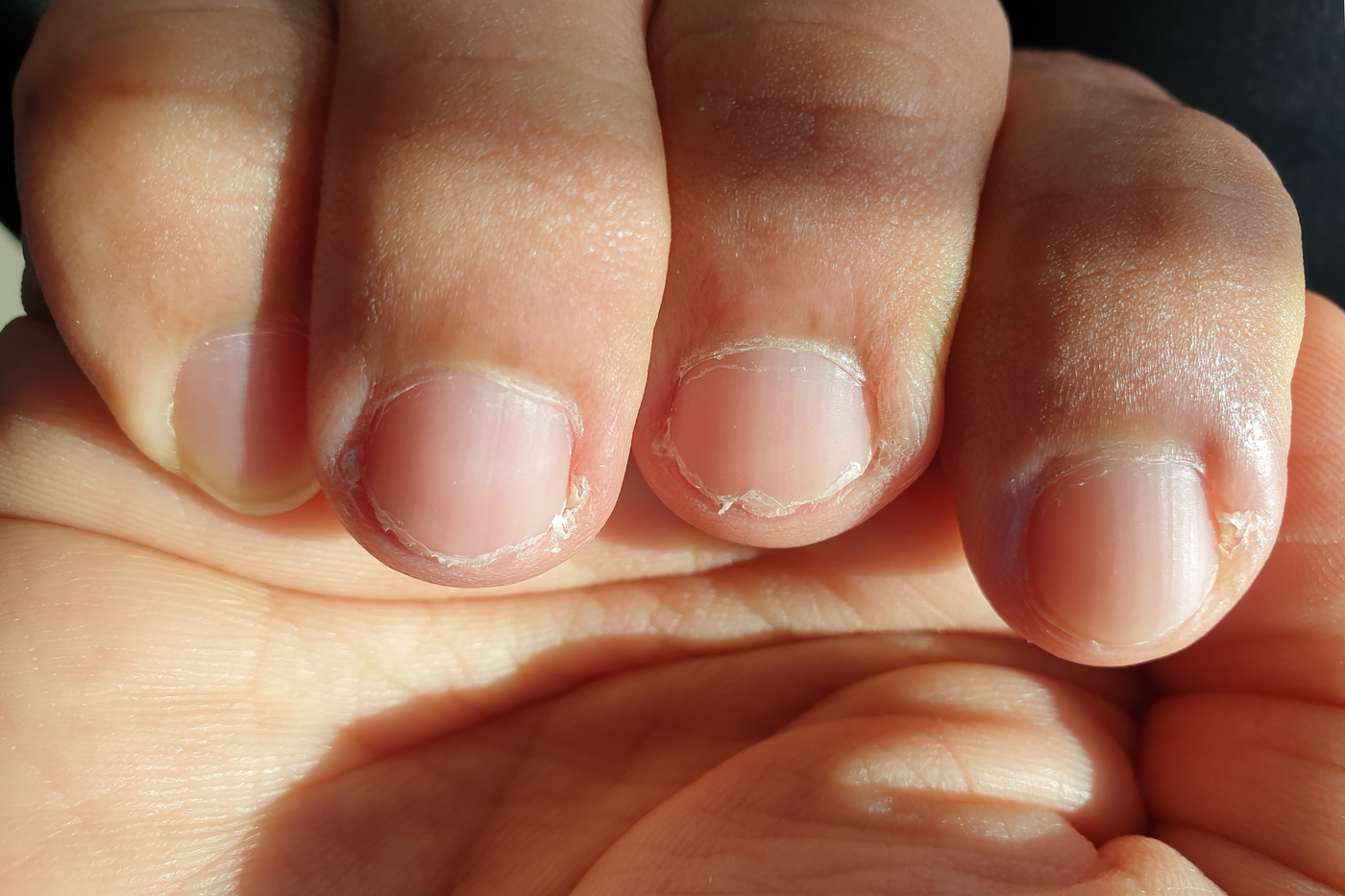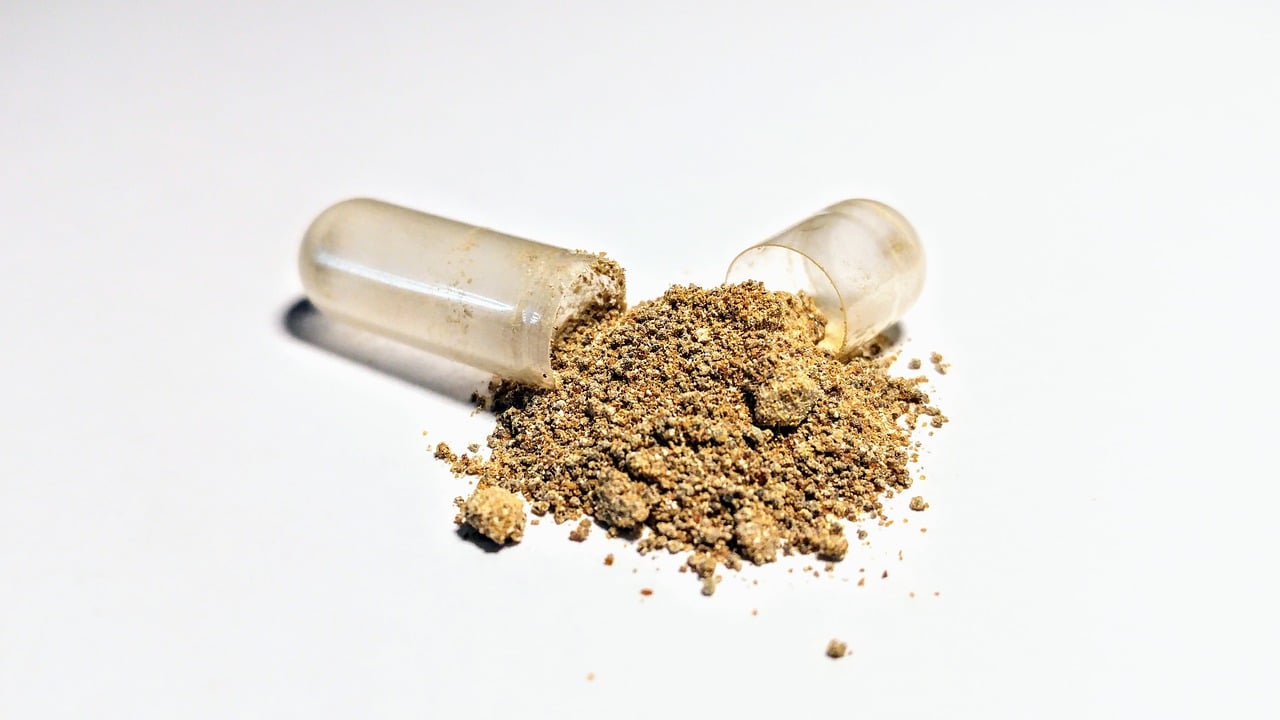Vitamins are essential for your good health – these micronutrients provide the "food" to your cells, tissues, and organs. Your body can produce some of its own vitamins, but gets most of its vitamins through your diet. In a perfect world, you would get all the vitamins you need through scratch-made meals from fresh, whole foods – if you are like many people, though, your hectic lifestyle sometimes prevents you from shopping and cooking as you would like. Eating a steady diet of packaged or fast food can rob you of the nutrients you need to stay healthy; fortunately, taking multivitamins can help.
Let's face it – many people are not getting enough vitamins and minerals.About 2 billion people worldwide do not get enough of these micronutrients, particularly iron, vitamin A, zinc, iodine, and folate [1]. These micronutrient deficiencies are a major contributor to infections and are associated with severe illness and death in developing countries.
While most people in the United States and other developed countries do not suffer micronutrient deficiencies, many are experiencing micronutrient inadequacies, defined as nutrient intake less than the Estimated Average Requirement (EAR) for certain nutrients [2]. A 2011 study found that, without enrichment and supplementation to their diets, many Americans do not get the levels of many vitamins and minerals recommended by the Dietary Reference Intake [3,4]. Taking multivitamins may help these individuals get the micronutrients they need for optimal health.
What Vitamins are in Multivitamins?
The most common vitamins in multivitamins include:
Vitamin A – important for normal vision, immune system health, and reproduction; also helps your heart, kidneys, and lungs work properly [5]
B vitamins – a group of vitamins, including folic acid and vitamin 12, helps cells divide and keeps blood cells healthy to prevent anemia and fatigue [6,7]
Vitamin C – works as an antioxidant to protect body cells from the damage that free radicals can cause [8]
Vitamin D – helps your body absorb calcium to keep your bones and teeth strong, helps your muscles move, and helps your nerves transmit messages [9]
Vitamin E – acts as an antioxidant, boosts the immune system, widens blood vessels, and prevents blood clotting [10]
Vitamin K – important for strong bones and healthy clotting [11]
Do Multivitamins Contain Minerals?
The best multivitamins also contain minerals that are essential to health and well-being. Some of the most important minerals include:
Zinc – this mineral helps your immune system fight off viruses and bacteria that cause infections, helps wounds heal, and helps your body make proteins, and make DNA [12]
Iodine – your body uses iodine to make thyroid hormones that control the body's metabolism and other functions [13]
Selenium – this mineral plays a critical role in reproduction, helps your body use thyroid hormones and create DNA, and helps protect your cells from infection and damage from oxidative stress [14]
Manganese – your body uses manganese to make energy, protect your cells from damage, and for reproduction, strong bones, blood clotting, and a healthy immune system [15]
Chromium – this mineral may help your body use fats, proteins, and carbohydrates that you get from the food you eat [16]
Molybdenum – the human body uses molybdenum to process proteins and genetic material, such as DNA; this mineral also helps your body break down drugs and any toxic substances that may enter your body
As with vitamins, many Americans do not get optimal amounts of the minerals they need, and this can leave them vulnerable to a wide variety of health issues. Taking a multivitamin can help you get the vitamins and minerals you need for peak health and wellness.
How much of these vitamins do I need?
The amount of vitamins and minerals you need every day varies according to a number of factors, including your age and gender. The National Agricultural Library (NAL), which is part of the U.S. Department of Agriculture, sets standards for suggested vitamin and mineral intake.
They use Estimated Average Requirement (EAR) as the average daily nutrient intake level that it would take to meet the requirements of half of healthy people in certain groups, such as [17]:
- Males
- Females
- Various age groups
- Pregnant individuals
- Lactating individuals
Do Multivitamins Work?
While multivitamins are not a magic potion that instantly provides perfect health and longevity, they can help promote wellness and fill in nutritional gaps left by the typical Western diet.
This is especially true for people with specific health and wellness concerns. Older adults may need more calcium and vitamin D, for example, and our bodies' absorption of vitamin B12 can decrease with age [18,19,20]. Vegans and vegetarians are at a higher risk of vitamin B12 deficiency, as this micronutrient is found primarily in animal foods [21]. People who are on low calorie diets, have undergone weight loss surgery, or do not get enough nutrients from food alone may also experience nutritional deficiencies [22,23].
These deficiencies can cause a wide variety of health issues. For example, vitamin B12 deficiency can cause memory issues, weakness and fatigue, pale skin, nerve damage, dizziness, breathlessness, and more [24,25].
Research shows that taking multivitamins works to address many of these issues. The results of one study shows that taking a multivitamin can help improve memory in older adults, for example, and another study demonstrated that taking multivitamin supplements daily may cause increases in episodic memory in older men at risk of cognitive decline [26,27]. Different research shows that taking a supplement with antioxidants improves memory in older adults [28].
Research shows that taking antioxidant vitamins and minerals can slow the progression of age-related macular degeneration (AMD), which is a leading cause of blindness worldwide [29,30].
Some Signs of Vitamin Deficiencies
While vitamin deficiencies can cause serious illness, they can also cause more subtle signs and symptoms, such as:
- Brittle hair and nails
- Skin appearance
- Hair loss
- Fatigue
- Bone pain
- Intestinal issues
Deficiencies of certain vitamins can cause specific signs to show. For example, zinc contributes to the health of your hair, skin and fingernails; signs of zinc deficiencies may include weak nails, brittle hair, and dry unhealthy-looking skin. Vitamin D deficiency may cause bone pain, muscle weakness, falls, and low bone mass that leaves you vulnerable to bone fractures. Vitamin B3, also known as niacin, is important to digestion; niacin deficiencies can result in pellagra, a condition that causes severe vomiting and diarrhea.
Signs That Your Vitamins Are Working
In many cases, it is very easy to tell when your multivitamins are working – you look and feel better instantly. At other times, the signs are more subtle. Fortunately, there are ways to tell if your multivitamins are working, even if the signs are not obvious.
Keep a symptom journal
Starting a symptom journal is one of the best first steps in determining the effectiveness of your multivitamins. For best results, start your symptom journal several days before beginning any new multivitamin regimen, carefully documenting your vitamin deficiency symptoms each day. Continue updating your symptoms journal throughout a 30-day course of multivitamins; be sure to note any symptoms that improve throughout the test period. At the end of the trial, compare your symptoms during your first days of the journal with your final entries.
Test your vitamin levels
Ask your doctor to perform blood tests to determine what vitamin and mineral deficiencies you may have, and to establish a baseline by which you can measure the benefits of your multivitamin. Be sure to schedule follow-up lab tests 30 days after you begin a new multivitamin regimen.
Look in the mirror
Take a good look at yourself in the mirror – starting a new multivitamin can have profoundly positive effects on your hair, skin, and nails. You may notice a clearer, more vibrant and youthful appearance of your skin, for example.
What Should I do if my Multivitamins are not Working?
If you do not see any meaningful changes in your overall health within three months of using a multivitamin, consider upgrading your supplements. Some multivitamin supplements offer ingredients and delivery methods that are superior to others – if supplements in pill form are not providing the benefits you expect, look into multivitamins in gel form. Look for products with higher dosages, particularly if you are older, are a vegan or vegetarian, have had weight loss surgery, are on a low-calorie diet, or if you simply do not get enough of the nutrients you need from food alone.
Try Healthycell's Bioactive Multi

One of the best ways to feel confident your multivitamins are working is to choose a high-quality supplement from a trusted source.
Healthcell's Bioactive Multi is different from ordinary multivitamins in a number of important ways. It use only the highest-quality ingredients available to provide the optimal immune support, heart health, brain power, bone strength, and vibrant skin.† It is superior to pills because it uses MICROGEL™, an ultra-absorption technology. With a 25 mL serving size, it packs the power of five pills into just one gel pack. Using this technology also eliminates the need for synthetic binding glues, coatings, fillers, and anti-caking agents included in many other supplements.
Healthycell supplements are produced in Good Manufacturing Practices (GMP) compliant facilities inspected by the FDA, so you know you are getting safe, high-quality multivitamins that really work.
Not sure? Give Bioactive Multi a try before you buy. Healthcell is so sure that you'll have noticeable benefits from their multivitamin that they will send you a 2-day supply of Bioactive Multi, free of charge. Just cover shipping and handling.



